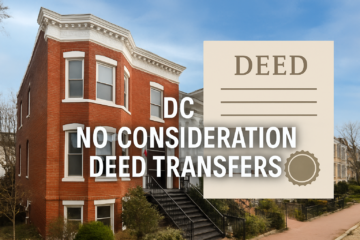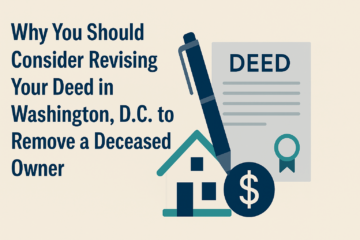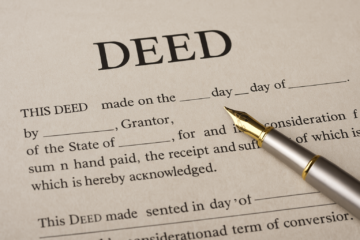Why Confirming Your Homestead Status After a Deed Transfer is Crucial for Your Property Taxes
When you transfer ownership of a property, it is vital to confirm your homestead status with the county to protect your property tax benefits. A homestead exemption can significantly lower your property tax bill, but after a deed transfer, your exemption may be at risk if you don’t take the necessary steps to reapply or confirm your eligibility.
Here’s why it matters:
- Automatic Loss of Homestead Exemption
Many counties automatically remove the homestead exemption when a deed transfer is recorded. This means if you don’t proactively confirm your homestead status, you could lose the exemption entirely, leading to a steep increase in your annual property taxes. - Eligibility Requirements
Even though the ownership has changed hands or names, the new owner may still qualify for the homestead exemption, provided the property remains their primary residence. By not confirming this status, you may be missing out on significant tax savings. - Increased Tax Liability
Without the homestead exemption, your property is taxed at its full assessed value, often resulting in much higher tax bills. This can be a shock for homeowners expecting lower rates and potentially strain your finances. - Preventing Delays and Penalties
By promptly confirming your homestead status after a deed transfer, you avoid delays in receiving tax benefits. Late applications or missed deadlines can result in paying higher taxes and, in some cases, penalties or interest on unpaid balances.
In summary, confirming your homestead status with the county after a deed transfer ensures you maintain your property tax benefits and avoid costly surprises. It’s a small step that can save you a lot of money in the long run.



0 Comments